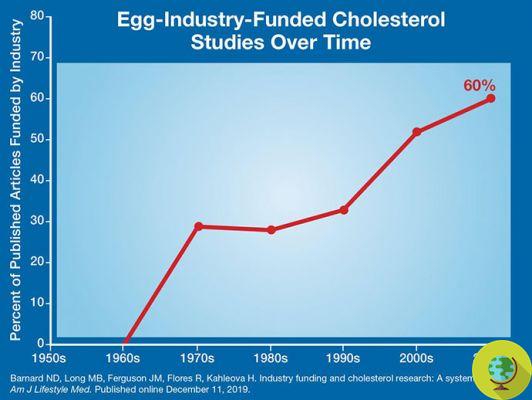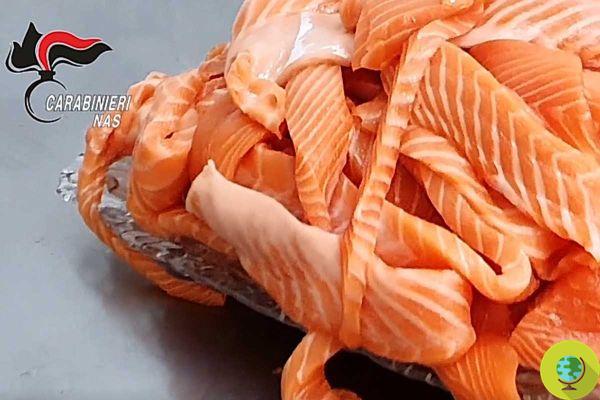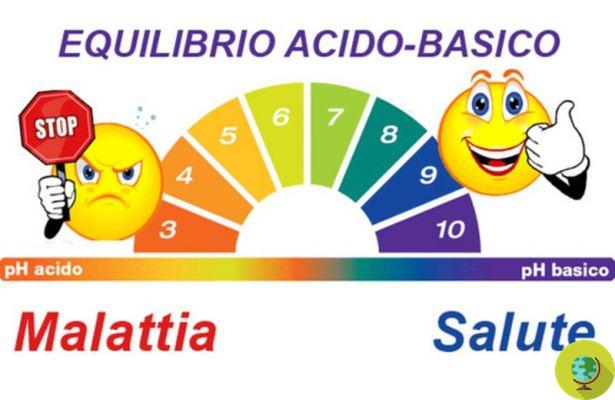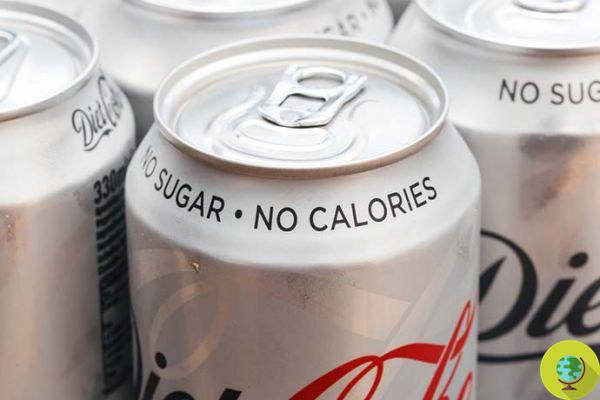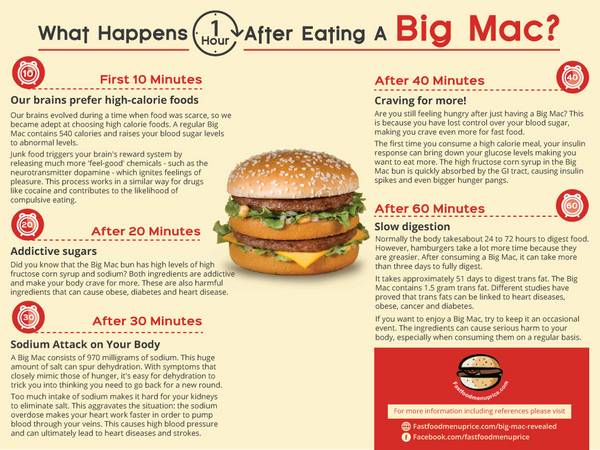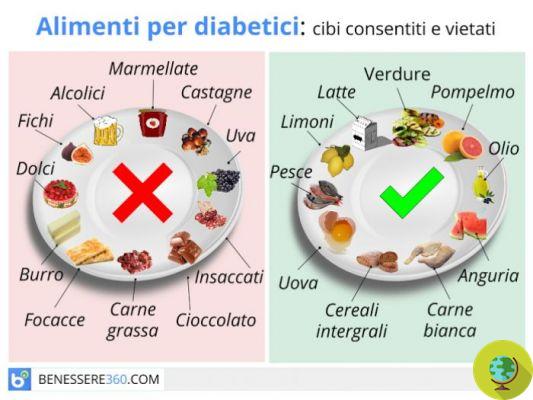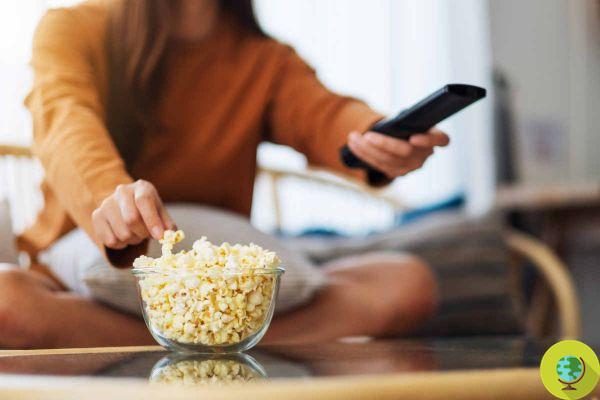
Eating in front of the TV never makes us feel full: any activity that engages us will take the mind off our appetite.
Don't store avocado like this: it's dangerousBetter not to eat meals or munch on snacks in front of the television if we do not want to lose the measure of what we are putting under our teeth and thus gain weight. Eating with the TV on, in fact, does not make us realize when we are full.
To say this are the scholars of the University of Sussex, according to which the more our brain locks on something the less it is able to say when we should stop eating. And it's not just the TV that is the culprit: any activity that involves and engages us will take our minds off our appetite.
When our senses are busy with a challenging task, that is, we are less likely to be able to regulate the amount of extra food or drink we consume.
A systematic review
The researchers looked at a sample of 120 people after offering them low-calorie or high-calorie snacks and drinks. All were given a low satiety (75 kcal) or high satiety (272 kcal and denser consistency) drink, while simultaneously having to complete a task that was low or high in perceptual demand (more or less challenging).
The results, published in the journal Appetite, showed that those who were “perceptually” most engaged ate the most snacks after the test.
Participants who were assigned the low perceptual load task and received the high satiety drink felt fuller and ate 45% less of the snack offered to them later. However, participants who were assigned the higher load sensing task were less able to tell when they felt full and ate more snacks offered to them.
The researchers conclude that a person's ability to notice when the body feels full depends on how much available attention is "left" in the brain. According to the research, in practice, the brain is able to filter sensory information when a perception demand increases. So when the brain is "stuck" on something, it forgets to think about something else. And so it also and above all happens with eating.
“This is important to know if you want to maintain a healthy weight: if you watch TV with a regular snack, like watching a thriller or a thrilling mystery, or a movie with a lot of audio or visual effects, you probably won't notice when you feel full. Gamers and crossword solvers should also take note of this, ”concludes Professor Martin Yeomans.
The findings provide the first evidence that attention load theory (the idea that a person has a limited amount of sensory information) can be successfully applied to eating habits. Solution? If you like to nibble on a movie, choose at least some healthy snacks and ban carbonated drinks.
Fonti: University of Sussex / Appetite
Read also:
- Sleeping with the TV and lights on makes you gain weight
- Watching TV for too long increases the risk of blood clots in the veins
- Children: at 7 they have already spent a year of their life in front of TV and video games








